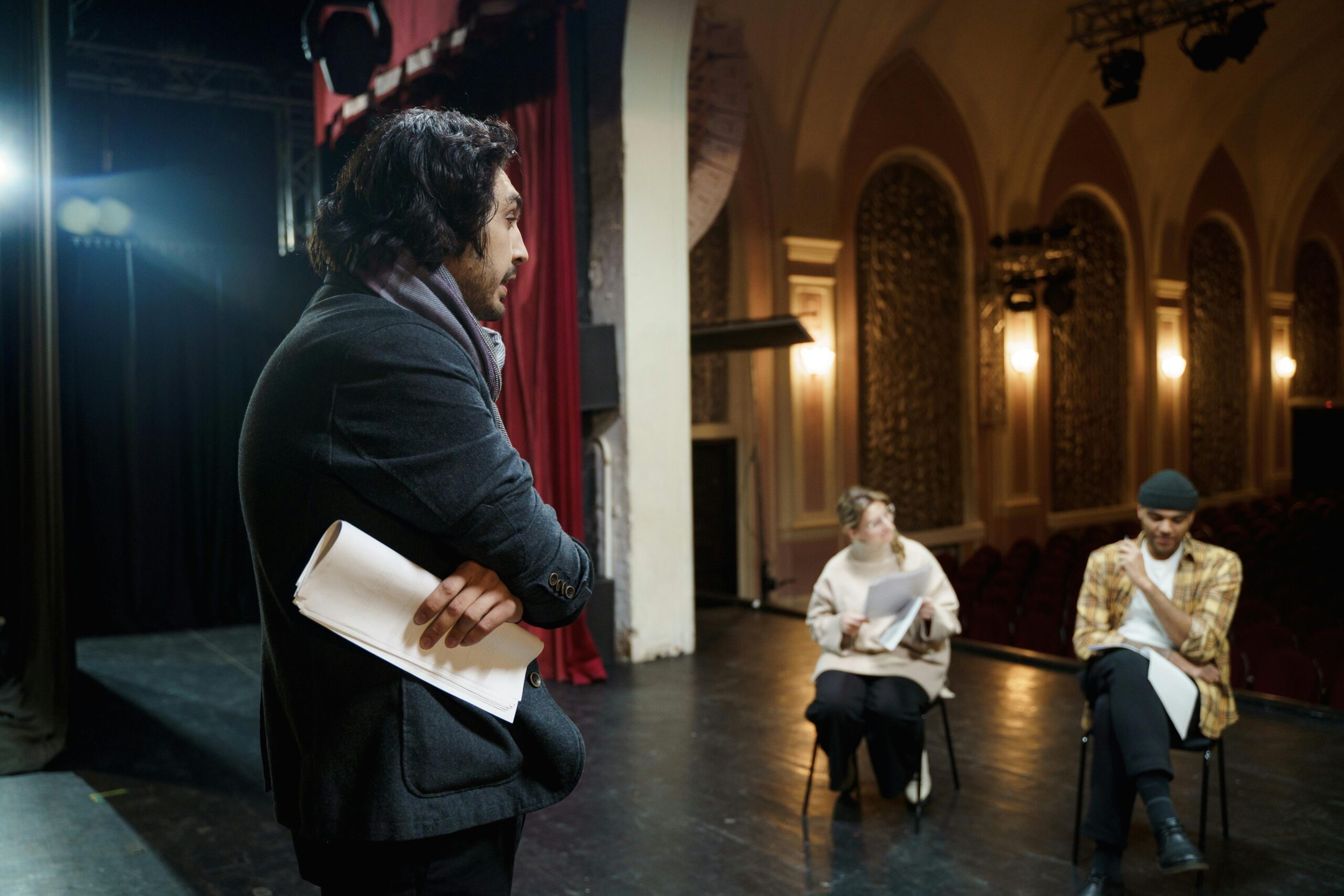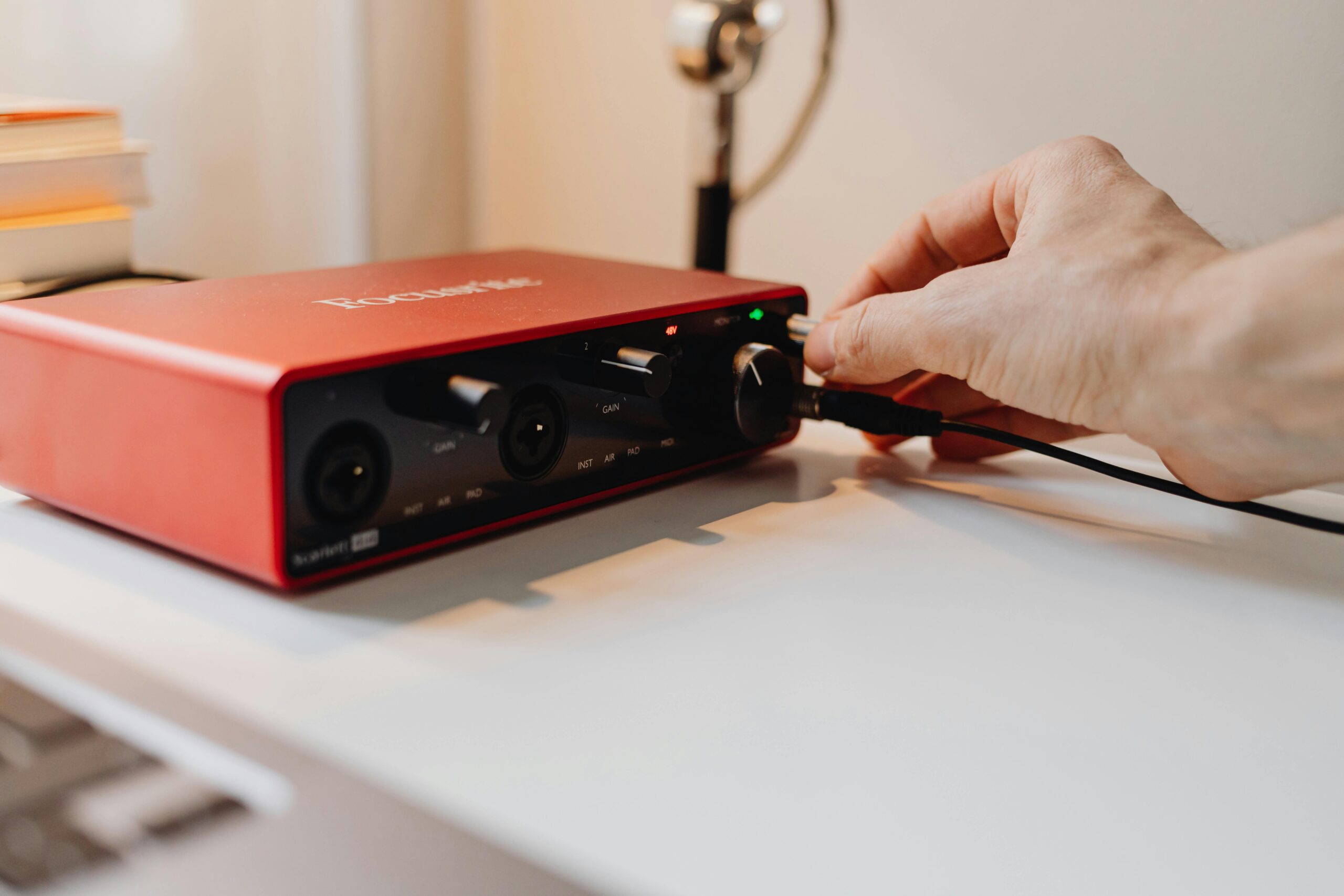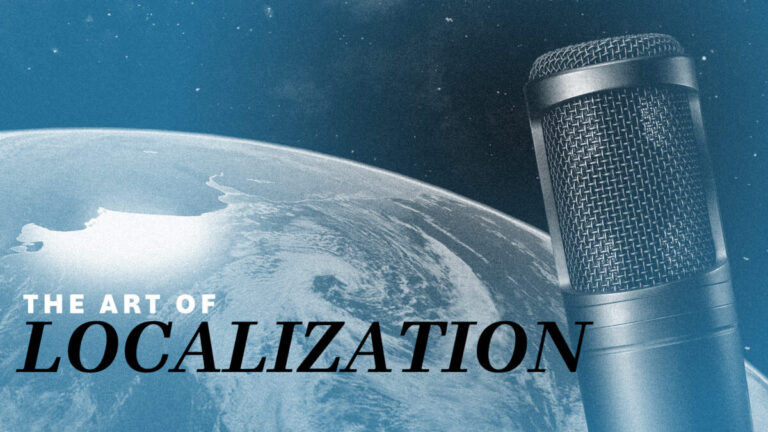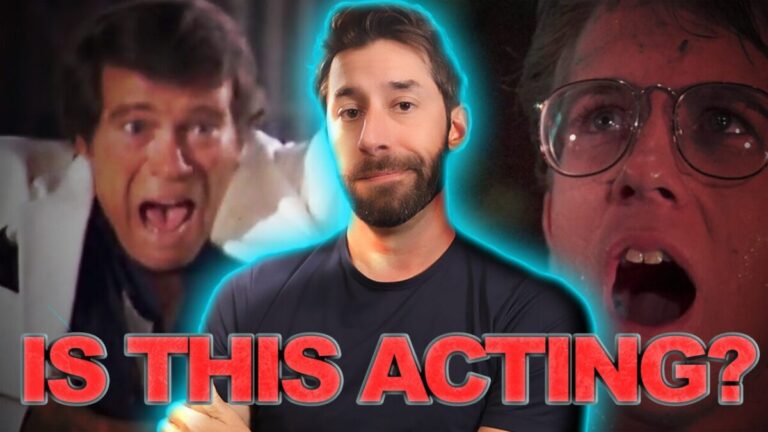Voice actors and their microphones are often inseparable. A quick search for a voice actor will likely show you a gallery of booth selfies featuring their trusty mic. It’s like an artist with a brush or a warrior with a sword. Naturally, you’d think having the best mic is essential, right? Well, not exactly.
I can count on one finger the number of mics I use in my booth. In fact, my go-to mic didn’t even cost $500. My first gig was booked using an MXL 990, a mic often dismissed by mic enthusiasts but quite effective for its usually-on-sale $67 price tag. I’ve seen students land jobs with entry-level mics, while others missed out on unpaid gigs despite having top-tier equipment. So, before you hit “buy” on that expensive mic, let’s explore why it might not be the game-changer you expect.
Sensitivity and Detail: A Double-Edged Sword
First, let’s talk about detail and sensitivity. Different mics have varying levels of sensitivity and detail capture. While many voice-over genres now demand authentic, nuanced performances, a sensitive mic can also pick up unwanted sounds. Take the Neumann TLM 103, for instance. It’s an industry standard that can capture everything from your stomach’s rumblings, the music playing in the kitchen, even your neighbor’s sigh as he shuts his car door and starts another day in the rat race (okay, that one’s mostly a joke, but it can hear you blink from time to time). In the wrong setting, such a mic will highlight every flaw in your recording space.
When clients review auditions, especially from voice actors they haven’t worked with before, they’re keen on audio quality. A detailed recording is worthless if it’s marred by background noise and room reverb, or “reflections.” Sound engineers prefer minimal flaws, making proper sound treatment more crucial than a high-end mic. Here’s a free tip: MAKE THE SOUND ENGINEER HAPPY. If you want to get hired back with that studio, having the sound engineer on your side is a plus. With a well-treated space and the right condenser mic, you can achieve the sound of a Neumann U87 for less than the cost of an actual U87. Remember, a $67 mic with $1,000 in sound treatment will outperform a $1,000 mic with $67 of treatment.
It’s Called Voice Acting for a Reason
Next, let’s focus on the “acting” in voice acting. Your performance is more important than sound quality. Sure, there’s a baseline level of sound quality you MUST meet, but once you hit that, a great performance on a decent mic will outshine a mediocre one on a high-end mic. If you’re not booking gigs regularly, it might be worth investing in your acting skills rather than a new mic.
Consider this: your mic and recording space aren’t there to make you sound better than reality. They’re meant to make you sound like reality. In fact, seasoned voice actors often audition on the road with less-than-ideal setups. They’ve built trust that their final recordings will meet quality standards, and their acting prowess ensures their auditions are compelling enough to land the role.
The Law of Diminishing Returns
Finally, let’s discuss the law of diminishing returns. This principle suggests that while two hot dogs are better than one, the seventy-fifth isn’t as appealing. Once you’ve established a solid recording space, good audio, and honed your acting skills, the cost of your mic won’t significantly impact your booking ratio. At some point, only audiophiles will notice the difference, and if they’re not paying you, why worry? It’s more beneficial to secure a sound that accurately represents your acting skills and invest in things like coaching, demos, and optimizing your presence on casting sites.
A student of mine recently experienced this firsthand. During a live session for a national ad campaign, he had both a $1,000 shotgun mic and a $400 condenser. When he asked the sound engineer and casting director which mic to use, they shrugged and said, “We don’t care.” He had already achieved the necessary audio quality to book the job, and at that point, the mic’s price tag was irrelevant.
Conclusion: Focus on What Matters
My daily mic is a Roswell Pro Audio Mini K87, a fantastic mic that rivals a $3,000+ Neumann for under $500. If you’re interested, here’s my affiliate link (Disclaimer: I earn a commission off sales using that link), but I mention it not to make a commission, but to illustrate that even I didn’t splurge once I reached the proper audio quality threshold. The mics I own serve a purpose, but I didn’t choose them based on price. Neither should you. Focus on creating recordings that sound real and developing the skills to deliver. You’ll be glad you saved some cash for things you love instead of an expensive mic that doesn’t boost your bookings.
That’s all for today. If you’re ready to get into voice acting but hesitating to race off the starting line, check out my free eBook on getting started in voice acting. Good news- you don’t need a super expensive mic to be a successful voice actor! Now hit record!






